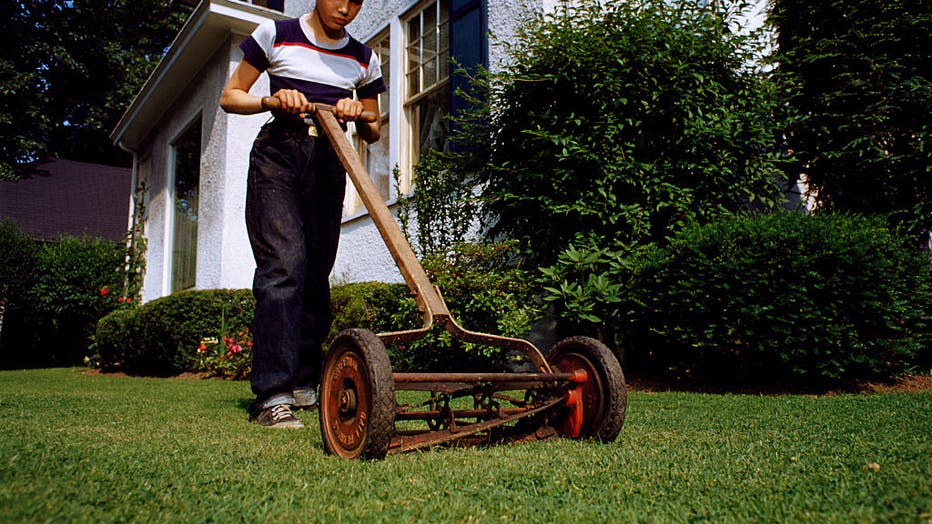Should kids have chores and should they get paid for them?

Study: 1 in 5 parents worry their child has no friends
Dr. Sarah Clark, a research scientist at the University of Michigan Health C.S. Mott Children's Hospital joins LiveNOW's Carel Lajara to discuss the study of parents and their concerns regarding their children having friends.
LOS ANGELES - Whether it’s taking out the trash or helping with groceries, chores are part of everyday life—but when it comes to kids, parents often wonder: What tasks are appropriate, and should children be paid for helping out?
According to Dr. Kate Eshleman, a psychologist with Cleveland Clinic Children’s, the answer depends on the child’s age, developmental level, and family situation. But across the board, chores can be a valuable way to build structure, independence, and real-world skills.
Why chores matter for kids
The backstory:
Dr. Eshleman says even toddlers can pitch in with simple tasks like putting toys in a basket or returning books to the shelf. As children get older, they can take on more responsibility—like mowing the lawn, loading the dishwasher, or managing their laundry.
RELATED: Bank of Mom and Dad paying out $1,474 a month on average to adult kids
Chores help kids learn that responsibilities come before play and foster time management, she explains. But she also emphasizes the need for flexibility. If a child is juggling homework or practice, parents should consider adjusting expectations to avoid added stress.
Modeling behavior is just as important. "When kids see their parents consistently doing chores, they’re more likely to participate themselves," Dr. Eshleman notes.
Should kids get paid for doing chores?
What we know:
Some parents offer allowances for chores, while others expect kids to help out simply because they’re part of the family. Dr. Eshleman says either approach can work—what matters is consistency and communication.
"Sometimes people call it bribery. We often call it reinforcement," she says. While intrinsic motivation may be ideal, younger children in particular may benefit from external rewards to build habits and stay engaged.

A vintage image of a boy mowing his parents lawn. (William Gottlieb/CORBIS/Corbis via Getty Images)
A modest allowance can also be a chance to teach basic money management—budgeting, saving, and understanding the value of work.
How the debate ties into broader financial pressures
Big picture view:
The conversation around chores and allowances also intersects with a much broader issue: financial dependence among older children and young adults.
According to a Savings.com report published March 21, half of U.S. parents with adult children are still providing regular financial assistance—averaging $1,474 per month. Support often includes groceries, tuition, and housing, especially for Generation Z (ages 18–28).
In contrast, only 51% of adult children who live at home contribute to household expenses, although that figure is rising. As parents feel the squeeze—many dipping into retirement savings or delaying financial goals—some are starting to reconsider how much help is too much.
What we don’t know about long-term effects
What we don't know:
There’s no universal consensus on whether paying kids for chores helps or hinders long-term responsibility. While reinforcement can build motivation, some experts argue that tying household duties strictly to payment may send the wrong message about contributing to a shared environment.
It’s also unclear how early habits around chores, money, and expectations translate into financial independence later in life—especially as more young adults remain financially tethered to their parents.
The Source: This article includes information and quotes from Cleveland Clinic psychologist Dr. Kate Eshleman, as well as background data from a March 2024 report by Savings.com, which surveyed 1,001 parents on financial support for their adult children. All data and commentary are sourced from those reports.

